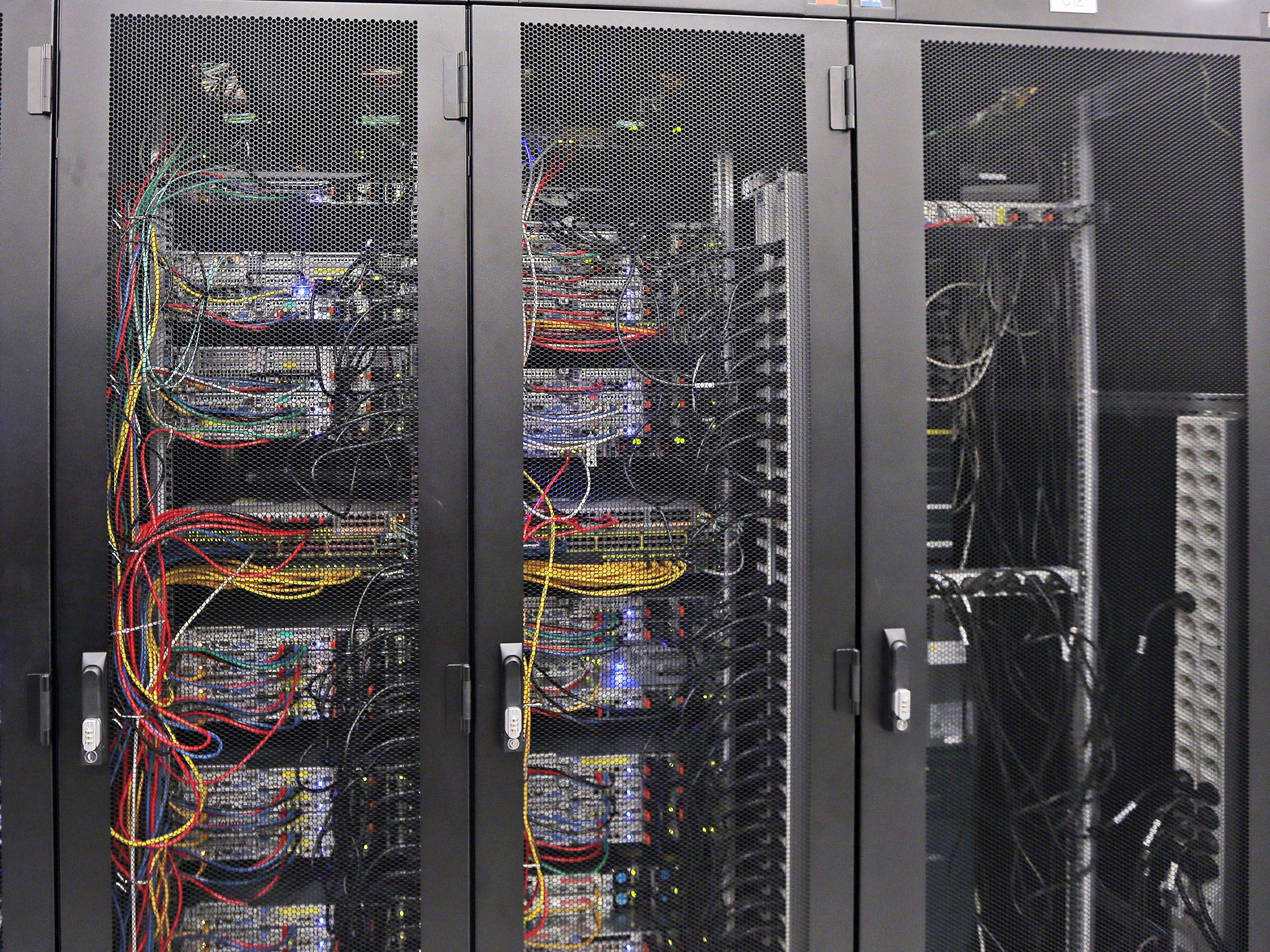Broadband bills will rise to cover cost of storing everyone’s data under new spying bill, internet companies warn MPs
‘The indiscriminate collection of mass data is going to have a massive cost,’ warned one boss

Your support helps us to tell the story
From reproductive rights to climate change to Big Tech, The Independent is on the ground when the story is developing. Whether it's investigating the financials of Elon Musk's pro-Trump PAC or producing our latest documentary, 'The A Word', which shines a light on the American women fighting for reproductive rights, we know how important it is to parse out the facts from the messaging.
At such a critical moment in US history, we need reporters on the ground. Your donation allows us to keep sending journalists to speak to both sides of the story.
The Independent is trusted by Americans across the entire political spectrum. And unlike many other quality news outlets, we choose not to lock Americans out of our reporting and analysis with paywalls. We believe quality journalism should be available to everyone, paid for by those who can afford it.
Your support makes all the difference.Broadband prices will go up if the Government’s spying rules are passed, to pay for the huge costs of collecting all of British citizens’ data, MPs have been told.
Internet companies have warned MPs that the cost of the enforcing the legislation will be passed onto users.
The investigatory powers bill, introduced by Theresa May last week, proposes that internet companies should have to keep complete records on everything their customers look at. But the cost of holding all of that data will be much larger than the amount that is being budgeted, according to internet companies.
The Government has set aside £175 million to pay for the cost of keeping all of that data, which would have to be held onto for 12 months. But that price is way below the cost of actually implementing the bill, according to bosses.
“On a typical 1 gigabit connection we see over 15TB of data per year passing over that connection,” said Matthew Hare, the boss of internet company Gigaclear. “If you say that a proportion of that is going to be the communications data, it’s going to be the most massive amount of data that you’d be expected to keep in the future,” he told the science and technology committee during a hearing on the bill.
“The indiscriminate collection of mass data is going to have a massive cost.”
Internet companies would have to do an unprecedented amount of work to look after the internet connection records of all of its users for up to 12 months. That data would include every website that a person connects to and every app that they use — a huge trove of data that many experts have already worried would be likely to be stolen in a hack.
Join our commenting forum
Join thought-provoking conversations, follow other Independent readers and see their replies
Comments